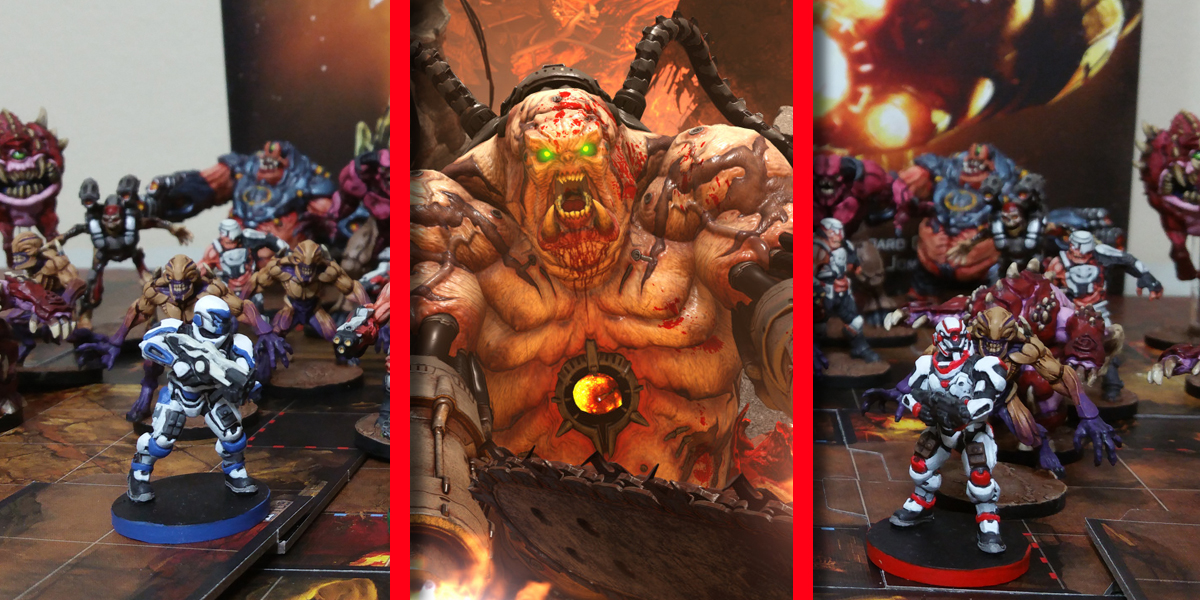The relationship between the world of cardboard-and-tokens physical games and their digital cousins has always been complicated. Though they’ve both grown exponentially in recent years, and each continues to influence the other, historically, there’s been a divide between the two industries that only the biggest names could surmount, like Monopoly and Scrabble.
But as board games enjoy an undisputed golden age — ranging from divisive, well-worn “classics” like Monopoly or Scrabble to elegant party games such as Codenames or Avalon — a few designers in both camps have begun to acknowledge the shared DNA of the biggest entertainment industry in the world and what is still regarded as a niche by many outsiders. Since the early 2010s, physical adaptations of blockbuster video games have become more common, with the likes of id Software’s iconic Doom receiving no less than two editions of a demon-blasting physical equivalent, and a 2017 board game based on From Software’s crumbled fantasy action-role-playing game Dark Souls.

Unlock premium content and VIP community perks with GB M A X!
Join now to enjoy our free and premium membership perks.
![]()

![]()